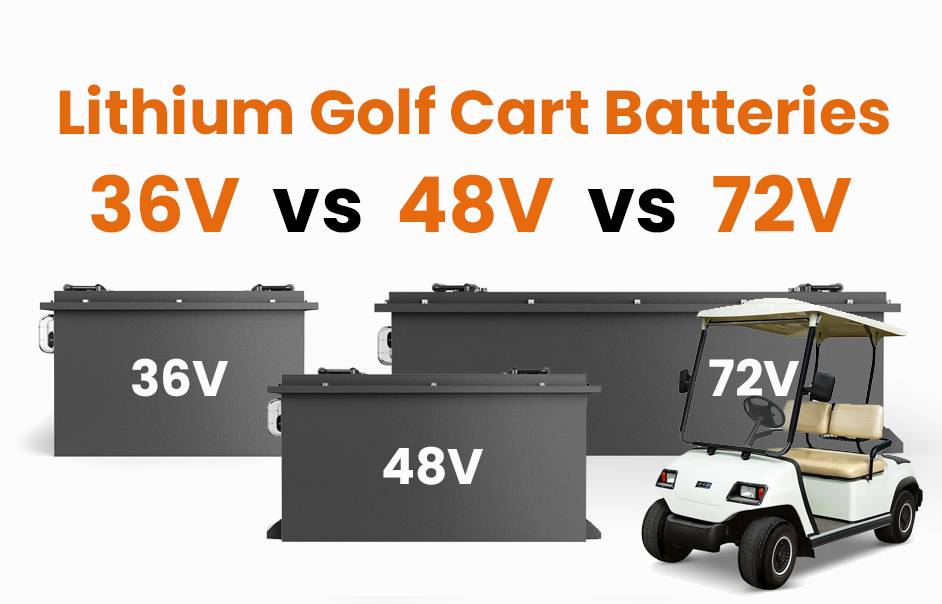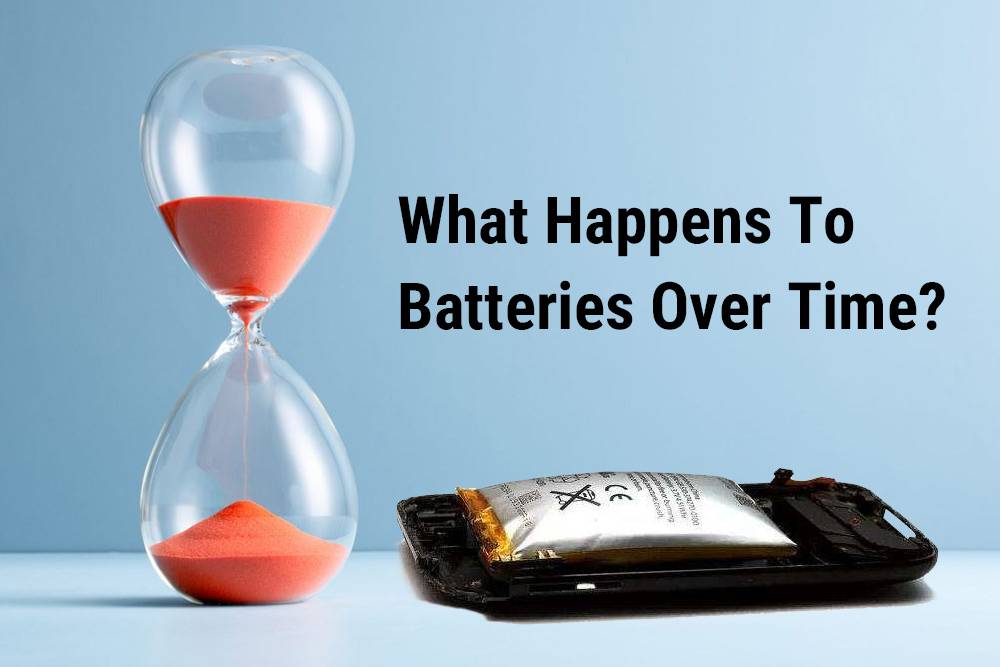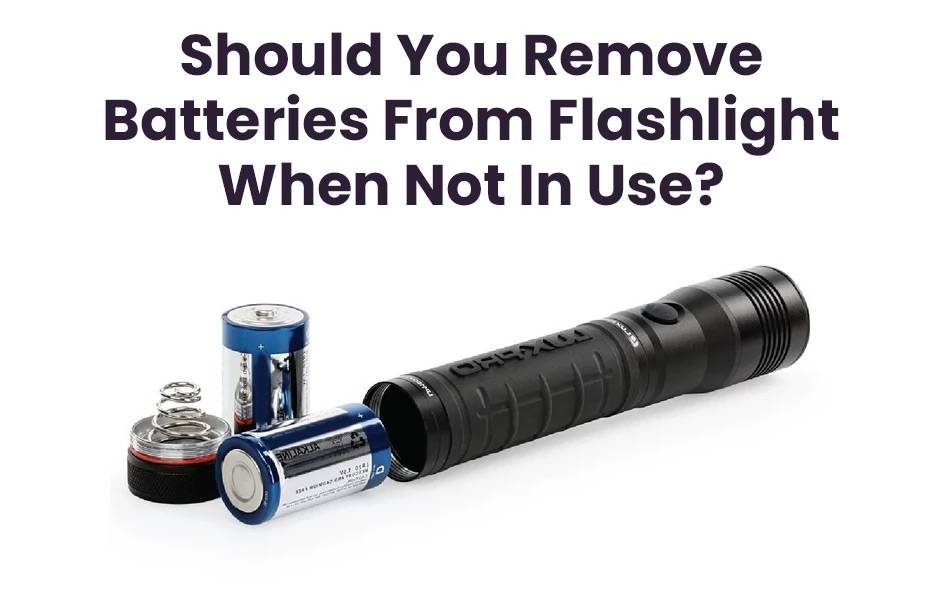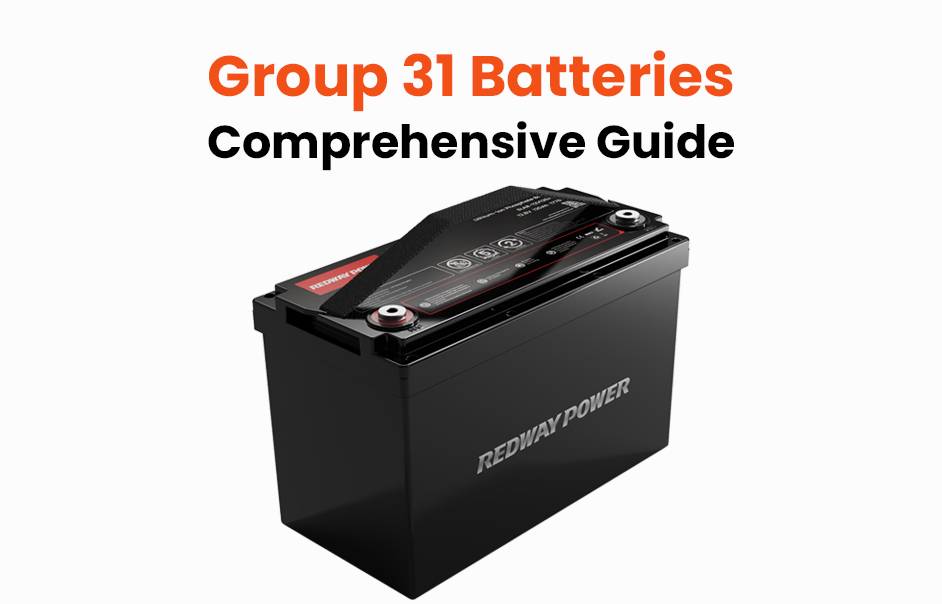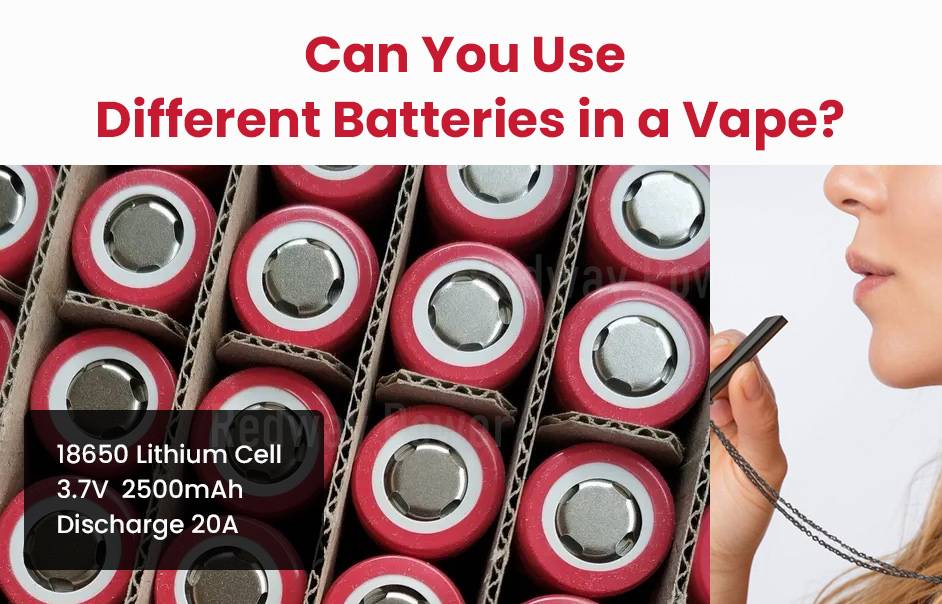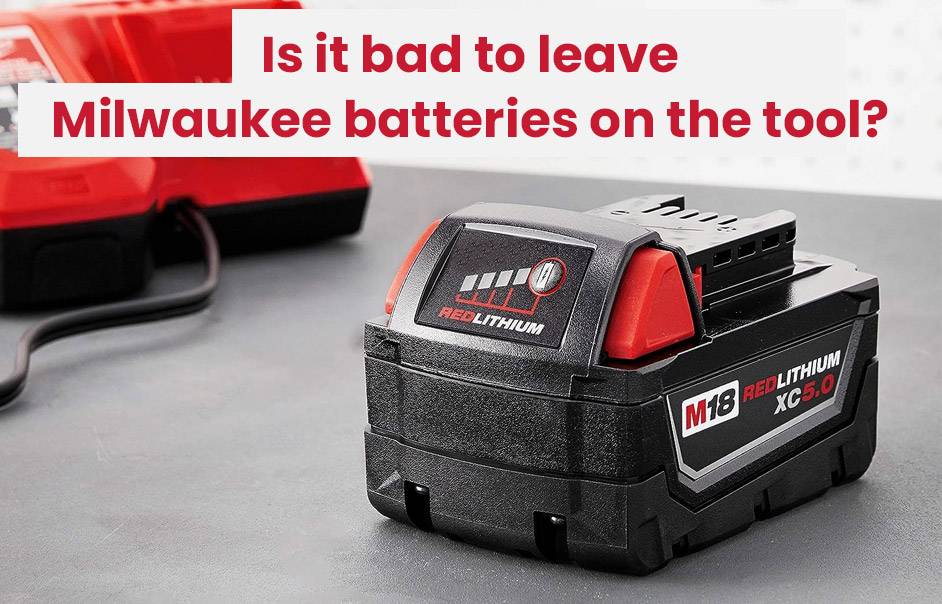
Blog
Is it good to keep batteries in the freezer?
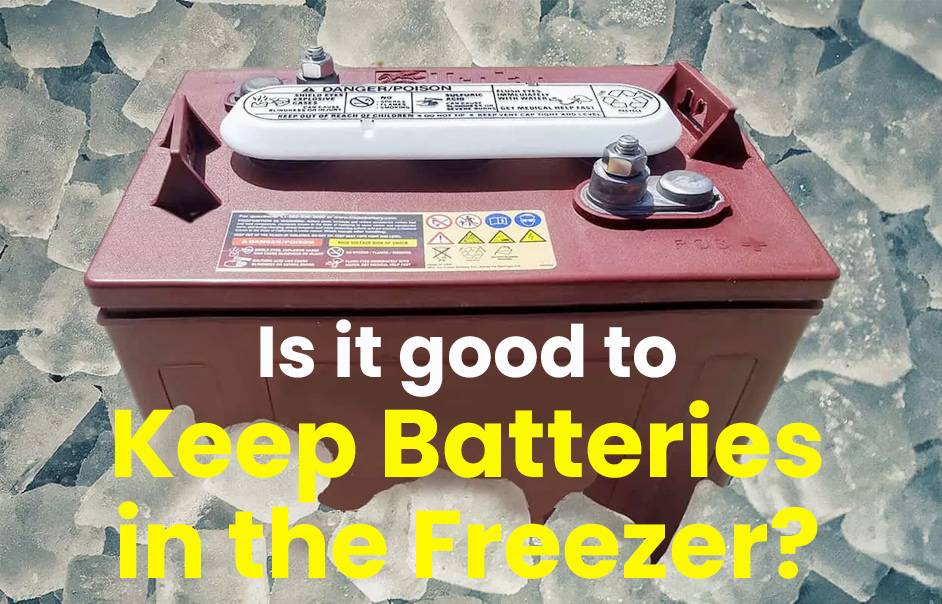
Storing batteries in the freezer is a debated topic, but generally, freezing batteries is not recommended due to risks of damage and performance loss. While cooler temperatures slow down chemical reactions and reduce self-discharge rates, extreme cold and freezing can cause irreversible harm to battery chemistry and casing. Proper cold storage involves moderate cool, dry conditions—not freezing temperatures—to extend battery life safely.
Why do people consider storing batteries in the freezer?
People believe putting batteries in the freezer slows the chemical reactions responsible for self-discharge and aging, potentially preserving charge longer during storage. Cooler temperatures decrease the rate at which batteries lose charge when not in use, which is especially tempting for rechargeable and alkaline batteries. However, cold storage benefits have limits and vary with battery type.
How does freezing temperature affect battery chemistry and performance?
At freezing and sub-freezing temperatures, battery electrolyte viscosity increases dramatically, slowing ion movement and reducing available power. This impedes both charging and discharging. For lithium-ion batteries, freezing can cause lithium plating during charging, which irreversibly damages cells and reduces capacity. For lead-acid and alkaline batteries, freezing can cause electrolyte crystallization, casing cracks, and leakage.
Which battery types are most at risk when stored in the freezer?
Lithium-ion batteries are especially vulnerable to freezing damage, as charging them at below-freezing temperatures causes internal harm. Lead-acid batteries like flooded or AGM types risk freezing electrolyte expansion causing cracks. Alkaline batteries may lose capacity and leak. Rechargeable NiMH and NiCd batteries improve less in freezing conditions and may degrade faster if frozen.
How should batteries be stored to maximize lifespan without freezing risks?
Batteries should be stored in a cool, dry place, ideally around 10 to 20°C (50 to 68°F), avoiding extreme temperatures and moisture. Partial charge storage (around 40-60% state of charge) helps slow aging. Avoid rapid temperature changes and condensation during transfer from cold to warm environments. Proper storage preserves capacity while preventing mechanical and chemical damage.
Chart: Temperature Effects on Battery Self-Discharge Rate
| Storage Temperature (°C) | Approximate Self-Discharge Rate Relative to Room Temp (%) |
|---|---|
| 20 (Room Temp) | 100% |
| 10 | ~50% |
| 0 | ~30% |
| -20 (Freezing) | Variable (potential damage risk) |
Can freezing batteries restore or recharge dead batteries?
No. Freezing cannot recharge or restore dead batteries as irreversible chemical depletion cannot be reversed by cold. Attempts to “freeze revive” batteries often exacerbate damage, causing leaks, shorts, or permanent capacity loss. This popular myth is debunked by experts and manufacturers alike.
What are the risks of condensation and moisture when removing batteries from the freezer?
When batteries are taken from the freezer, condensation can form on and inside them due to temperature differences. Moisture can cause corrosion of battery terminals and internal components, leading to short circuits, reduced conductivity, and permanent damage. Proper acclimatization in a sealed plastic bag at room temperature before use is critical.
How do manufacturers recommend storing and handling batteries in cold climates?
Manufacturers advise maintaining batteries at moderate temperatures above freezing during storage. Cold climates require special storage considerations like insulated battery boxes and controlled environments. Charging should be avoided at temperatures below 0°C for lithium batteries. Some batteries have temperature protection circuits to prevent damage in cold weather but prolonged exposure to extreme cold is discouraged.
How can Redway Power’s battery technology help in cold weather storage?
Redway Power designs lithium battery packs with advanced chemistry and integrated Battery Management Systems (BMS) to tolerate wider temperature ranges safely. Their OEM production uses MES to ensure consistency and safety, enabling batteries that maintain performance in colder conditions without freezing damage. Coupled with correct storage practices, Redway Power batteries reduce degradation risks linked to temperature extremes.
Redway Power Expert Views
“Storing batteries in the freezer is more myth than practical advice,” cautions a Redway Power expert. “While cooler environments reduce chemical aging, freezing risks permanent damage especially to lithium-ion types. Our focus is on engineering batteries with stable chemistry and smart BMS protections that handle real-world environmental challenges. Proper moderate cold storage combined with premium manufacturing guarantees longevity and reliability.”
Conclusion
While cold storage slows battery self-discharge, freezing batteries in the freezer poses significant risks of damage, reduced performance, and capacity loss. Optimal battery storage involves cool, dry, above-freezing temperatures with stable conditions and moderate charge levels. High-quality batteries like those from Redway Power are designed to endure cold environments safely without the need for freezing. Avoid freezer storage to protect your batteries and ensure long-lasting, reliable power.
FAQs
Is it safe to put lithium-ion batteries in the freezer?
No, freezing lithium-ion batteries can cause internal damage and reduce lifespan.
Do alkaline batteries last longer in the fridge or freezer?
Storing alkaline batteries in a cool, dry place helps, but freezing is not recommended due to leakage risks.
Can condensation damage batteries when removed from cold storage?
Yes, condensation causes corrosion and short circuits if batteries are not acclimated properly.
What temperature range is best for battery storage?
Around 10 to 20°C (50 to 68°F) is ideal for most battery types.
How does Redway Power ensure battery durability in cold conditions?
Through advanced battery chemistry, integrated BMS, and rigorous MES-controlled manufacturing ensuring performance and safety.





